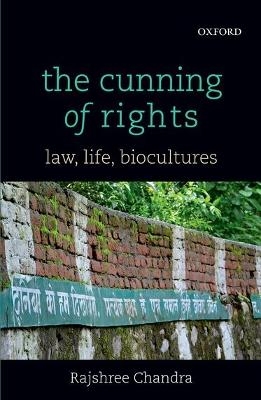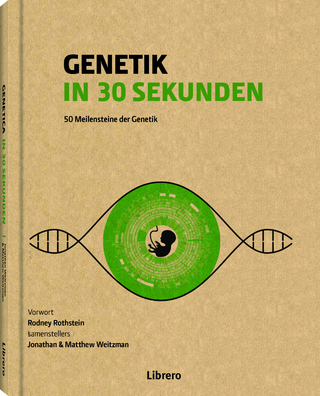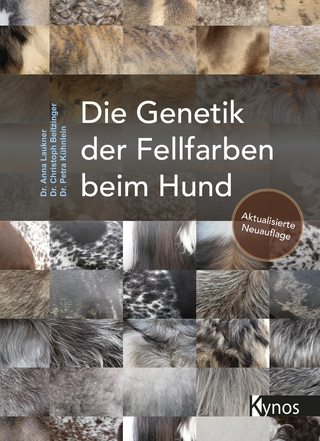
The Cunning of Rights
Law, Life, Biocultures
Seiten
2016
OUP India (Verlag)
978-0-19-945976-6 (ISBN)
OUP India (Verlag)
978-0-19-945976-6 (ISBN)
This book analyses the theoretical and philosophical frames of new (biotic) property, and assesses how its altered metaphysics inscribes itself in the politics of genetic resources. It probes how rights get framed within and by law and attempts to uncover the cunning or duplicitous nature of these rightsthe chasm between their intended benefits and their actual outcomes.
As newer forms of intellectual propertyseeds, germplasm, genetic resources, plant varietiesmaterialize through advancements in biotechnology, a variety of entitlements, claims, and imaginations of citizenship are bred, mimicking the hybrid culture of genetic configurations.
This book analyses the theoretical and philosophical frames of new (biotic) property, and assesses how its altered metaphysics inscribes itself in the politics of genetic resources. It probes how rights get framed within and by law, in the diverse yet closely interrelated aspects of social, cultural, and biological life. In particular, the book focuses on biocultural entitlements of farming and indigenous communitiespeople who are at a distance from the global networks of trade, politics, science, and technology. It explores the terms on which the interests of these indigenous communities are included and institutionalized as well as the degrees of exclusion and stratification that accompany them. It attempts to uncover the cunning or duplicitous nature of these rightsthe chasm between their intended benefits and their actual outcomes.
As newer forms of intellectual propertyseeds, germplasm, genetic resources, plant varietiesmaterialize through advancements in biotechnology, a variety of entitlements, claims, and imaginations of citizenship are bred, mimicking the hybrid culture of genetic configurations.
This book analyses the theoretical and philosophical frames of new (biotic) property, and assesses how its altered metaphysics inscribes itself in the politics of genetic resources. It probes how rights get framed within and by law, in the diverse yet closely interrelated aspects of social, cultural, and biological life. In particular, the book focuses on biocultural entitlements of farming and indigenous communitiespeople who are at a distance from the global networks of trade, politics, science, and technology. It explores the terms on which the interests of these indigenous communities are included and institutionalized as well as the degrees of exclusion and stratification that accompany them. It attempts to uncover the cunning or duplicitous nature of these rightsthe chasm between their intended benefits and their actual outcomes.
Rajshree Chandra is Senior Visiting Fellow at the Centre for Policy Research, New Delhi, India. She also teaches Political Science at Janki Devi Memorial College, University of Delhi, India.
PART I; THE MAKING OF BIOTIC PROPERTY; PART II; THE JURISDICTION OF RIGHTS
| Erscheinungsdatum | 30.03.2016 |
|---|---|
| Verlagsort | New Delhi |
| Sprache | englisch |
| Maße | 143 x 231 mm |
| Gewicht | 478 g |
| Themenwelt | Naturwissenschaften ► Biologie ► Genetik / Molekularbiologie |
| Recht / Steuern ► EU / Internationales Recht | |
| Recht / Steuern ► Wirtschaftsrecht ► Urheberrecht | |
| Sozialwissenschaften ► Politik / Verwaltung ► Politische Theorie | |
| Technik ► Umwelttechnik / Biotechnologie | |
| ISBN-10 | 0-19-945976-2 / 0199459762 |
| ISBN-13 | 978-0-19-945976-6 / 9780199459766 |
| Zustand | Neuware |
| Haben Sie eine Frage zum Produkt? |
Mehr entdecken
aus dem Bereich
aus dem Bereich
50 Meilensteine der Genetik
Buch | Hardcover (2022)
Librero b.v. (Verlag)
9,95 €


